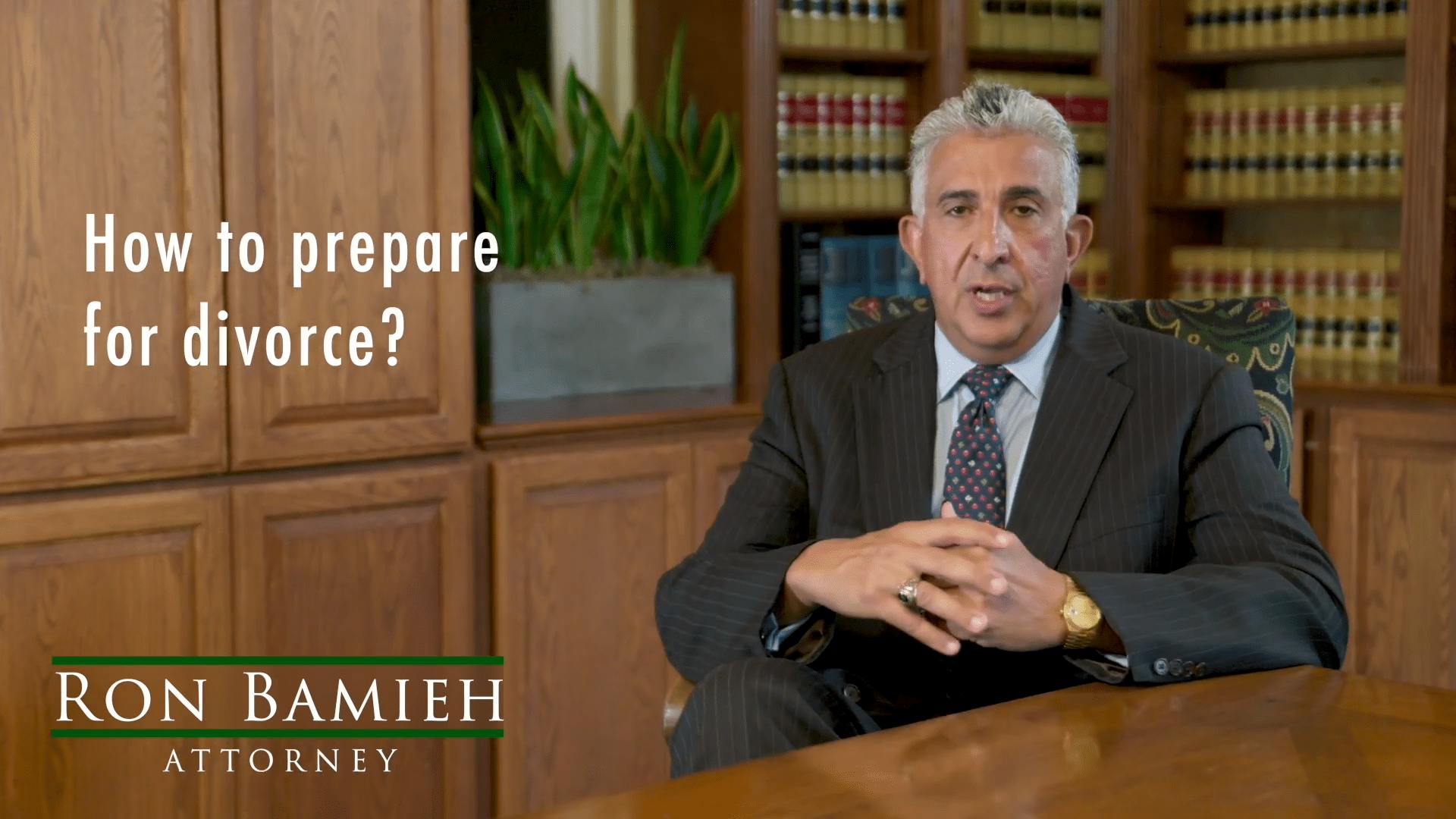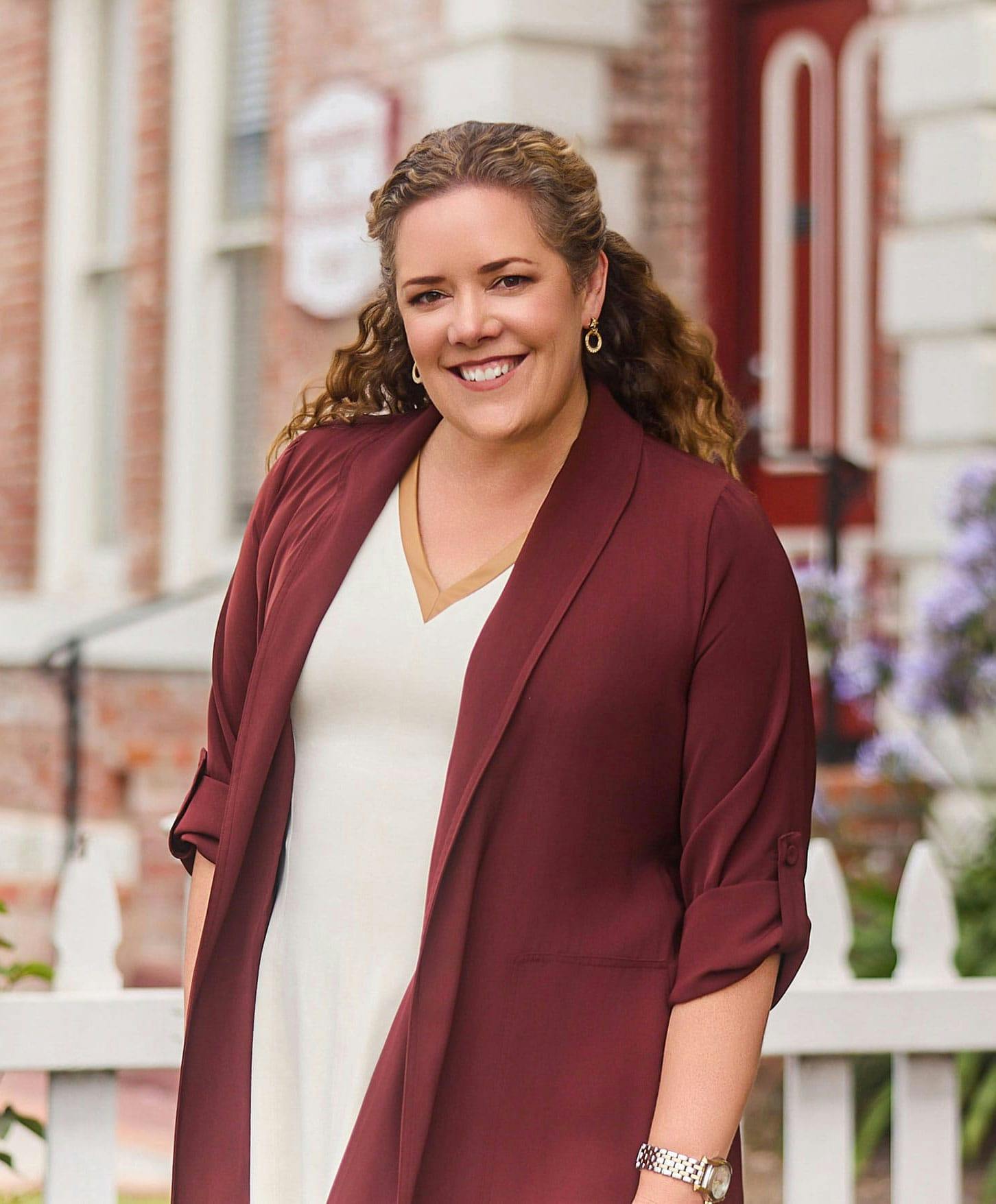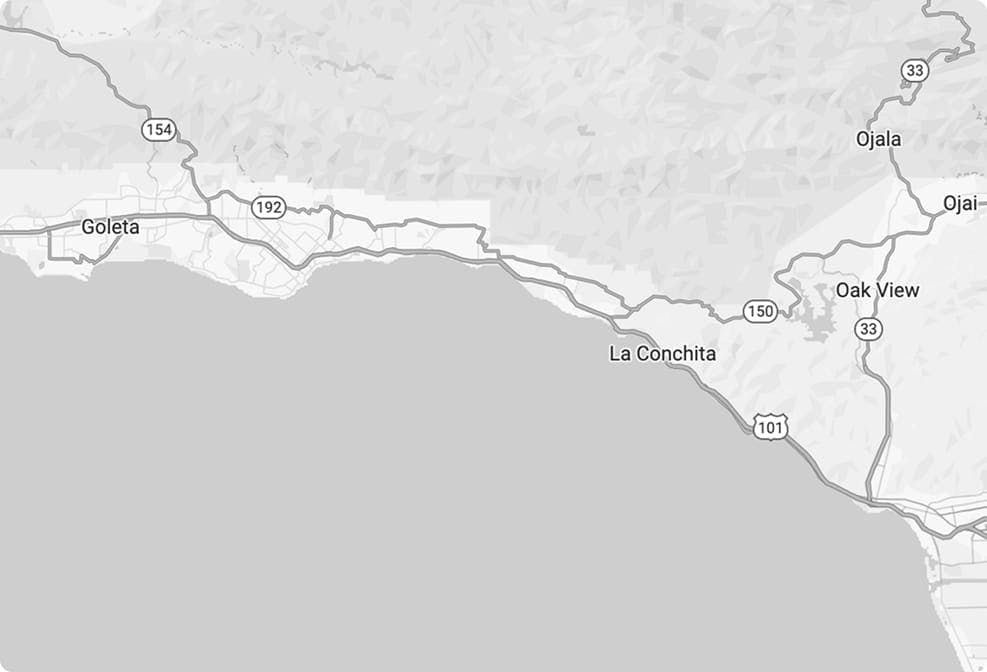Our divorce lawyers in Ventura are proud to serve the local communities of Southern California. To learn more about the divorce services our family law attorneys provide and how we can assist you, contact our law offices at (805) 643-5555 for a free and completely confidential legal consultation.
What is the Divorce Process in Ventura?
Getting divorced in Ventura, CA can be a difficult and complicated process. Even for spouses who are parting ways on amicable terms, confusion can arise while sorting through financial documents and attempting to determine how property should be divided. For spouses who find themselves involved in disputes over alimony, child custody, child support, or property division, the divorce process can become even more challenging.
Regardless of whether you have children, own real property, or intend to seek permanent alimony, it is not in your best interests to approach the divorce process unassisted, particularly if your spouse has the benefit of legal representation. You will have a much better chance of obtaining your desired outcome if you are represented by an experienced divorce lawyer in Ventura, who will be able to facilitate the process of filing for divorce while protecting your rights and fighting for your best interests as a mother, father, or homeowner.
The divorce process begins when one spouse files a petition for divorce. Next, the divorce petition and summons is served on the other spouse, known as the “defendant” or “respondent.” The “summons” is a legal document that notifies the recipient of the divorce proceedings, describes the filing spouse’s demands as they pertain to alimony and child custody, and contains information about upcoming court appearances and legal deadlines.
Depending on how or even if the defendant responds, the case proceeds through the court system. You or your spouse may request temporary visitation, temporary child custody, or temporary support orders while the divorce is pending. The other spouse must respond to these requests, which will be reviewed at a temporary custody or temporary support hearing.
Be advised that not responding will not stop divorce from occurring. On the contrary, failure to respond to divorce papers can result in the granting of a “default judgment,” which deprives the defendant of a chance to object to demands, dispute facts, or share his or her side of the story. Within 60 days of the date on which the petition is filed, both spouses are required to submit documents known as “financial disclosure forms.” The purpose of these forms is to itemize, in detail, each spouse’s income, debts, and assets.
The information contained in each disclosure is used to aid determinations about child support, alimony, and child custody. The process of exchanging and analyzing information is called “discovery.”
It may be possible for you and your spouse to reach a marital settlement agreement through negotiations, settlement conferences, and mediation. Otherwise, you or your spouse may request a divorce trial, at which you may be required to appear and testify.
If you and your spouse have children, you will be required to submit a parenting plan. If you and your spouse cannot reach an agreement about child custody and visitation, the court will consider you and your spouse’s home environments, income, health, and other factors to make a custody determination, with the ultimate focus being placed on the child’s best interests.
Ultimately, the divorce process may take months, a year, or several years to conclude. It simply depends on the complexity of the issues – for instance, whether you and your spouse happen to be business partners – and the extent to which the parties are in dispute over matters like custody and alimony.



















